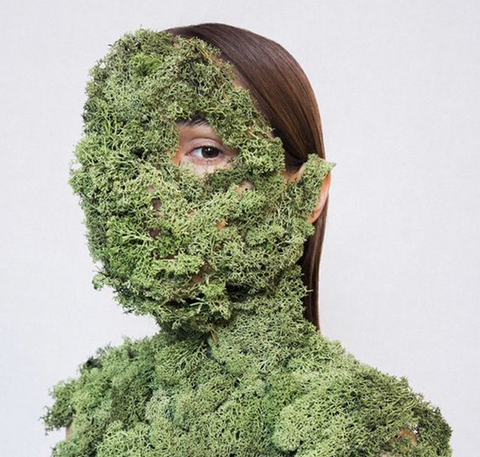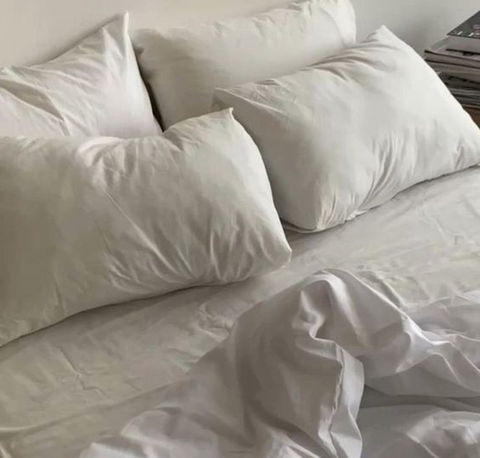Let’s talk about sustainable skincare. What is it? Why is it such a trend? And why does everyone on TikTok keep telling me that I need to try it?
Gone are the days of countless (and somewhat pointless) products in your beauty cabinets; remember that scene in Sex and The City when Samantha got that awful peel? Yeah, that scene. Sometimes, less is more.
Sustainable skincare has become more than just a trend; it’s now a movement that reflects growing consciousness about the products we’re using on our skin and the impact they’re having on the environment. In recent years, the beauty industry has truly witnessed a paradigm shift; lots of consumers are truly reevaluating their approach to their routines. The buzz around sustainability isn’t merely a passing phase, it’s actually rooted in a fundamental need to align our beauty routines with eco-friendly practices.
Let’s understand it:
At it’s core, sustainable skincare revolves around the idea of minimising environmental impact throughout the product life-cycle. Essentially, encompassing things such as sourcing raw materials responsibly, reducing packaging waste, employing eco-friendly production methods, and ensuring truly ethical labour practices. It’s about doing good to your skin and to the planet.
At LIHA, we believe that minimalism should also be applied to beauty; we will never release unnecessary products, use unnecessary materials or take up unnecessary space. All our products are water-free and the majority are multipurpose, meaning you can cut down on the amount of beauty products and resources you consume.
Ethical Sourcing:
Sourcing is where sustainability really begins; brands commit to sustainability then opt for responsibility harvesting ingredients. This actually involves things like choosing organic, cruelty-free and fair-trade materials to minimise ecological harm and support local communities.
Eco-friendly Practices:
Production is a crucial aspect; sustainable brands often prioritise manufacturing processes that conserve energy, minimise water usage and really try to reduce carbon emissions. They’ll also employ renewable energy sources and biodegradable materials in packaging to decrease their environmental footprint.
Transparency and Education:
Being open about your ethical practises is also really important. Brands are increasingly embracing transparency by openly sharing their sourcing methods, manufacturing processes and ingredient lists. Educating consumers about the benefits of sustainable skincare fosters a deeper understanding and appreciation for conscious consumption.
Environmental Consciousness:
Climate change is playing a huge role in our choices; consumers are seeking ways to make conscious choices that are environmentally friendly. Sustainable skincare also offers an avenue to align personal care routines with environmental values.
Social Responsibility:
The ethical and social implications are actually beyond environmental. Consumers are increasingly aware of human costs behind products and advocating for fair labour practices and cruelty-free testing.
Personal Wellbeing:
Choosing products that are natural, and have gentle ingredients can have a positive impact on the planet as well as you as an individual. Here are out top Liha picks for gentle, but effective and sustainably sourced skincare:
The Idan Oil: A non-greasy nourishing formula with anti-inflammatory and anti-bacterial properties absorbs into skin giving a luxurious glow and indulgent sensory experience.
Gold Shea Butter: Discover the essence of African beauty with our pure, unrefined Nigerian Shea butter. This natural wonder holds the key to radiant skin, boasting an exceptional richness in both vitamin A and E, along with potent antioxidants. Experience its transformative power that enhances skin texture, unveiling a revitalised and nourished complexion.
Conclusion:
Sustainable skincare is waaaaaaay more than a passing trend. It's a pivotal shift towards a more conscientious approach to beauty. It's embodying a commitment to preserving the planet, promoting personal health, and advocating for ethical practices within the beauty industry.





Comments (0)
There are no comments for this article. Be the first one to leave a message!